Rethinking Assessment in the Age of AI

At the 2024 Association of Colleges (AoC) conference, Jisc hosted a series of live podcasts on its exhibition stand, focusing on some of the key digital priorities keeping FE leaders awake at night.
In this episode Jisc’s director of FE and skills, Paul McKean, is joined by Olly Newton, executive director at Edge Foundation and Dr Rebecca Conway, director of research and innovation at NCFE, to explore the evolution of assessment and the transformative impact artificial intelligence (AI) is having on education.
The technological revolution in assessments
As technology advances, on-screen assessments are expected to become the norm by 2030, particularly for GCSEs. While digital assessments offer greater accessibility, Dr. Conway highlights the challenges that come with this shift. The move to digital assessment signals a broader rethinking of assessment methods and how they align with modern learning practices. It’s essential that these changes reflect how students engage with information today.
The case for more diverse assessment methods
Olly Newton critiques the limitations of traditional assessments, particularly written exams, which often focus on rote memorization. He argues that these exams don’t capture the full range of a learner’s abilities. Instead, he advocates for more diverse assessment methods, such as oral assessments and project-based work, which can better showcase creativity, problem-solving, and other real-world skills. This approach would not only offer a fuller picture of a learner’s capabilities but would also align with what employers are looking for in the workforce.
Rethinking vocational assessment
Newton also emphasises the need for vocational education to develop its own distinct identity, separate from academic assessments. Vocational education should focus on creating assessment models that reflect real-world skills rather than adhering to traditional academic standards. This would help learners better prepare for careers by assessing practical skills and competencies that are relevant in the workplace.
A radical reimagining of assessments
Both Newton and Conway advocate for a more radical approach to assessments, one that captures a broader range of learner abilities, such as collaboration, adaptability, and AI skills. The traditional reliance on exams doesn’t reflect the diverse skills needed in the modern workforce. By embracing a multimodal assessment model, educators can ensure learners are better prepared for future challenges.
Conclusion
It’s time to rethink how we assess learners. A holistic approach, beyond just written exams, will better reflect the diverse skills and knowledge students need to thrive in the future. Embracing diverse assessment methods will help learners be more prepared for the evolving workforce and the opportunities ahead.

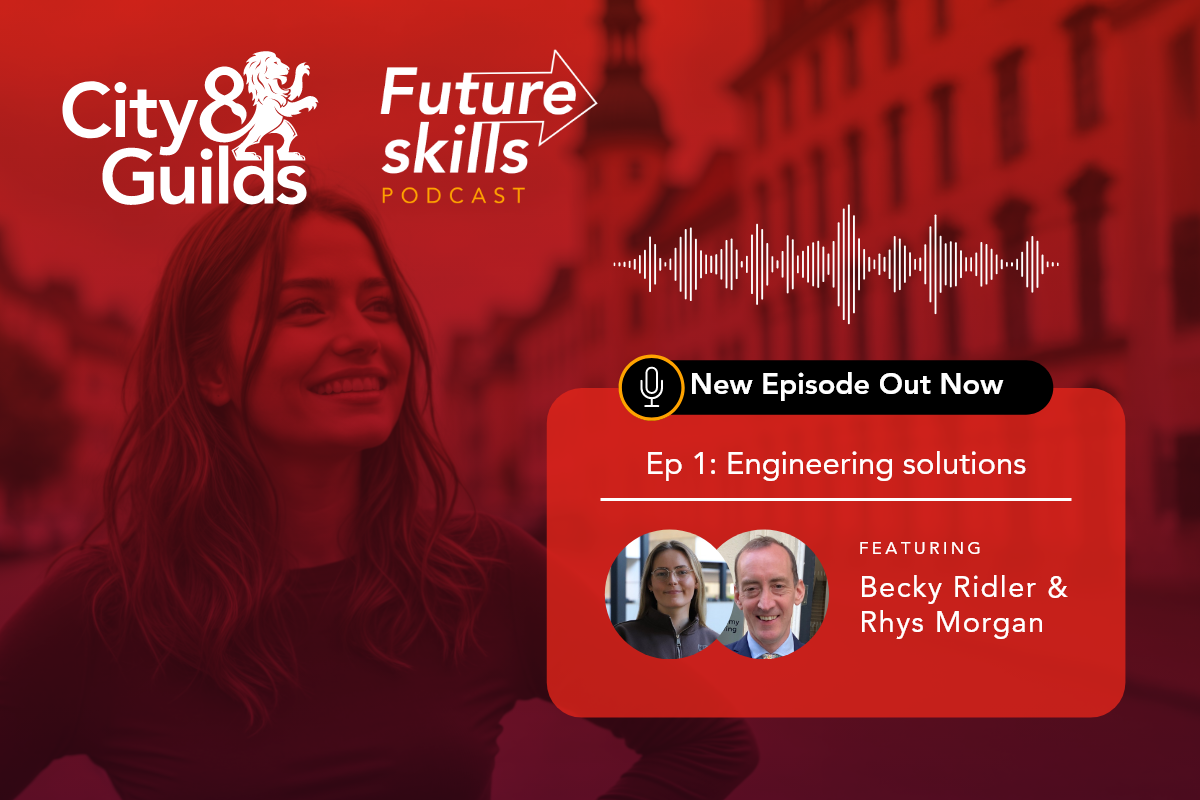

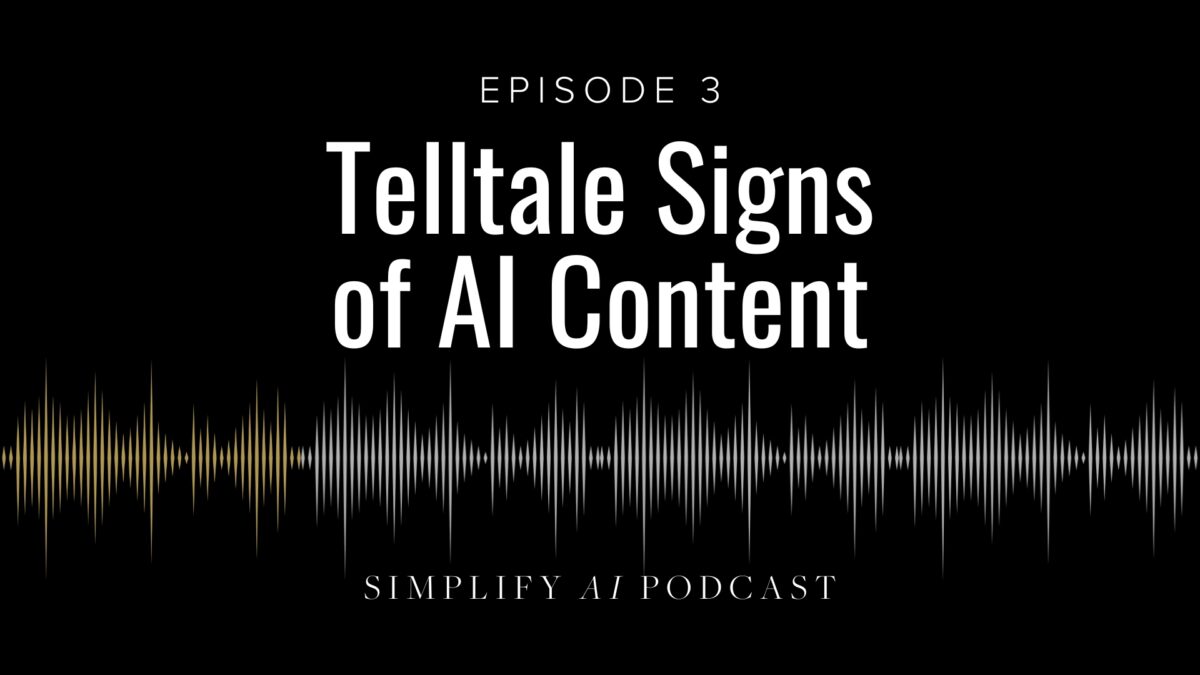
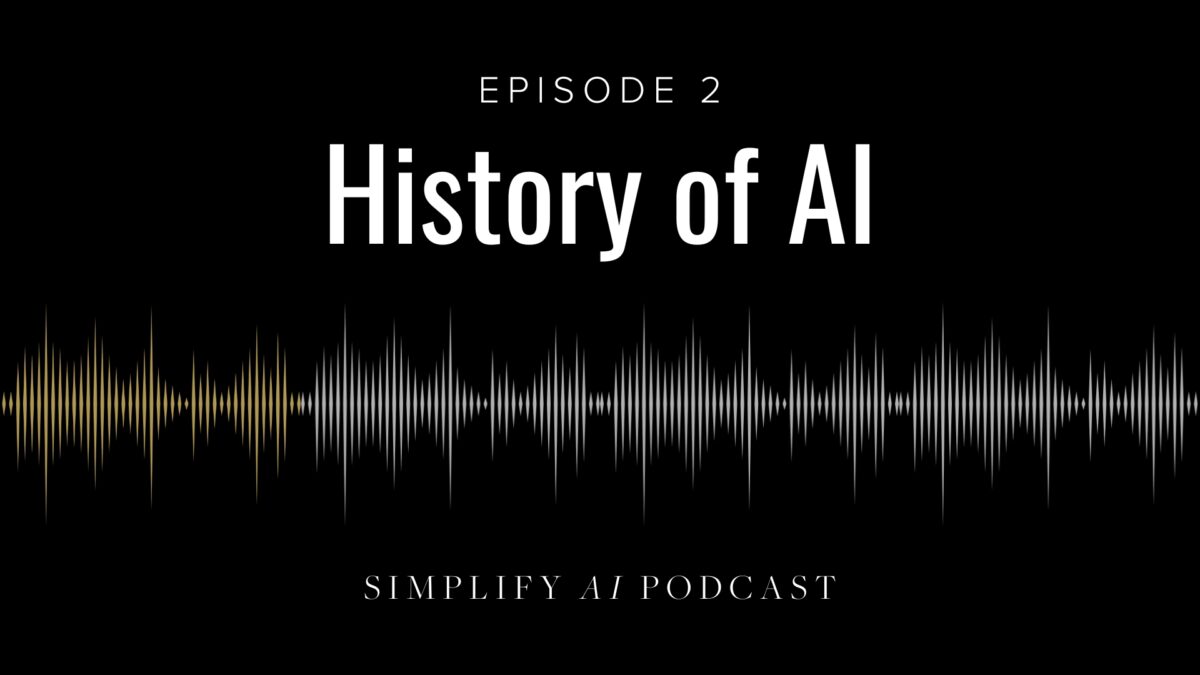
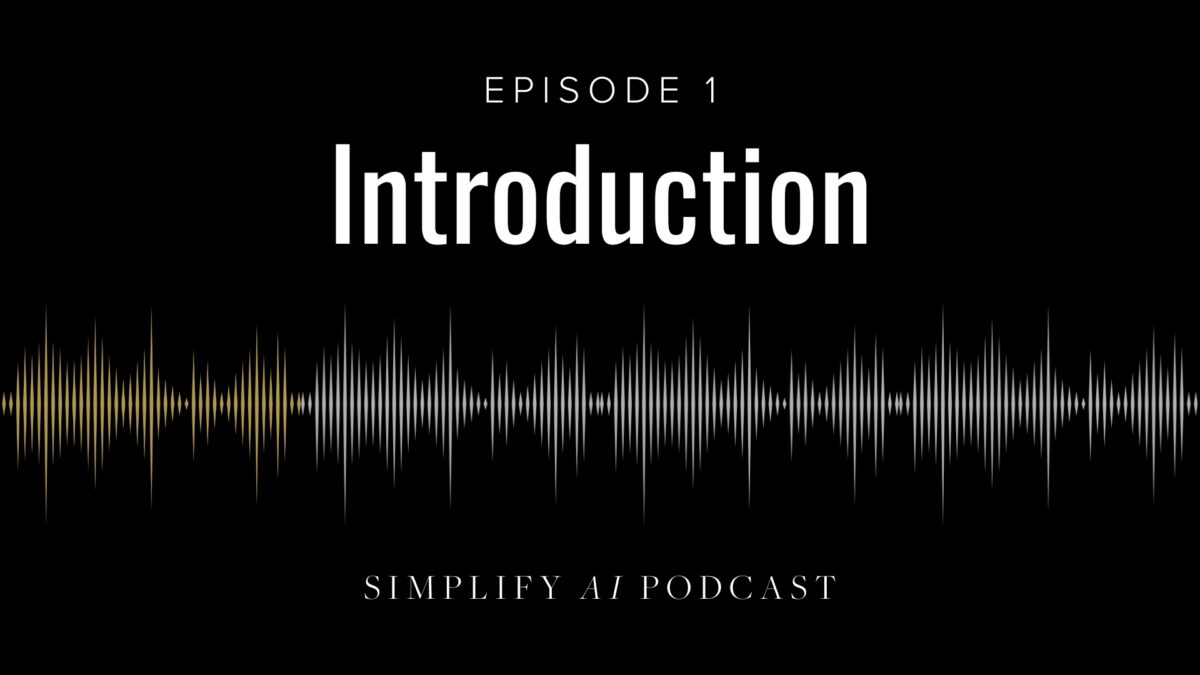

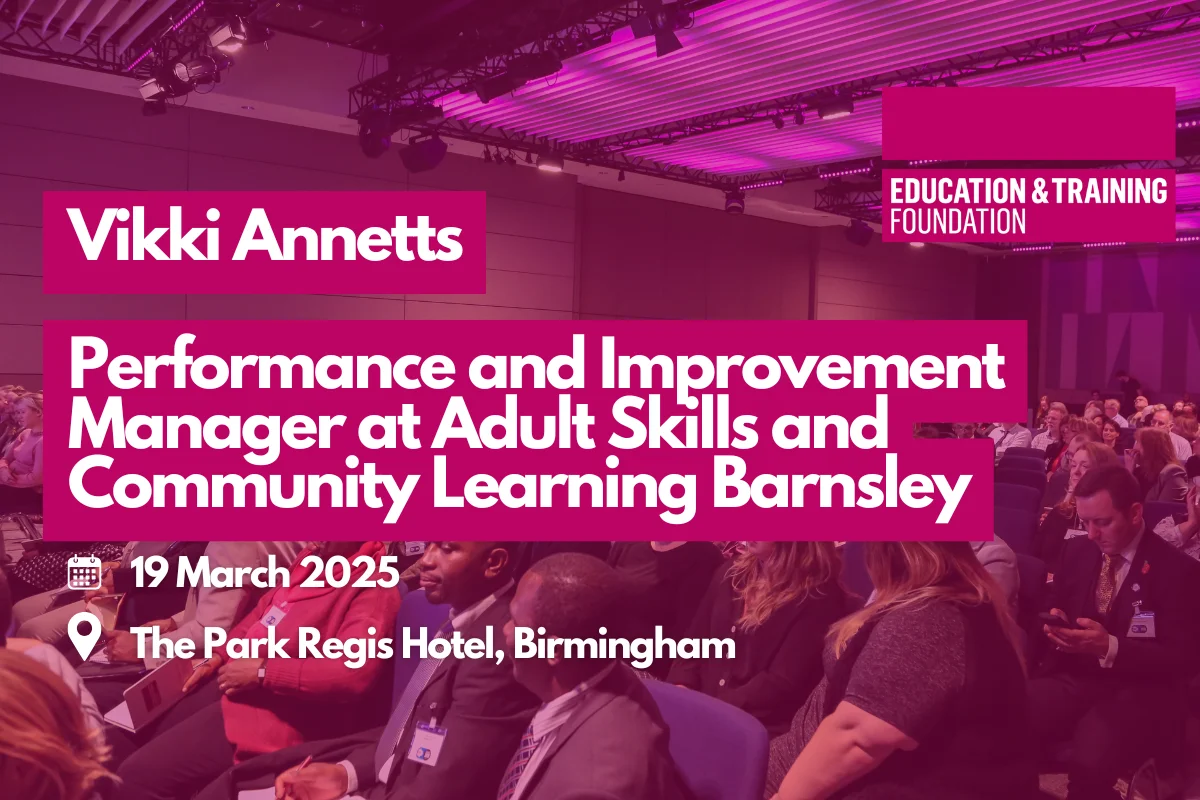
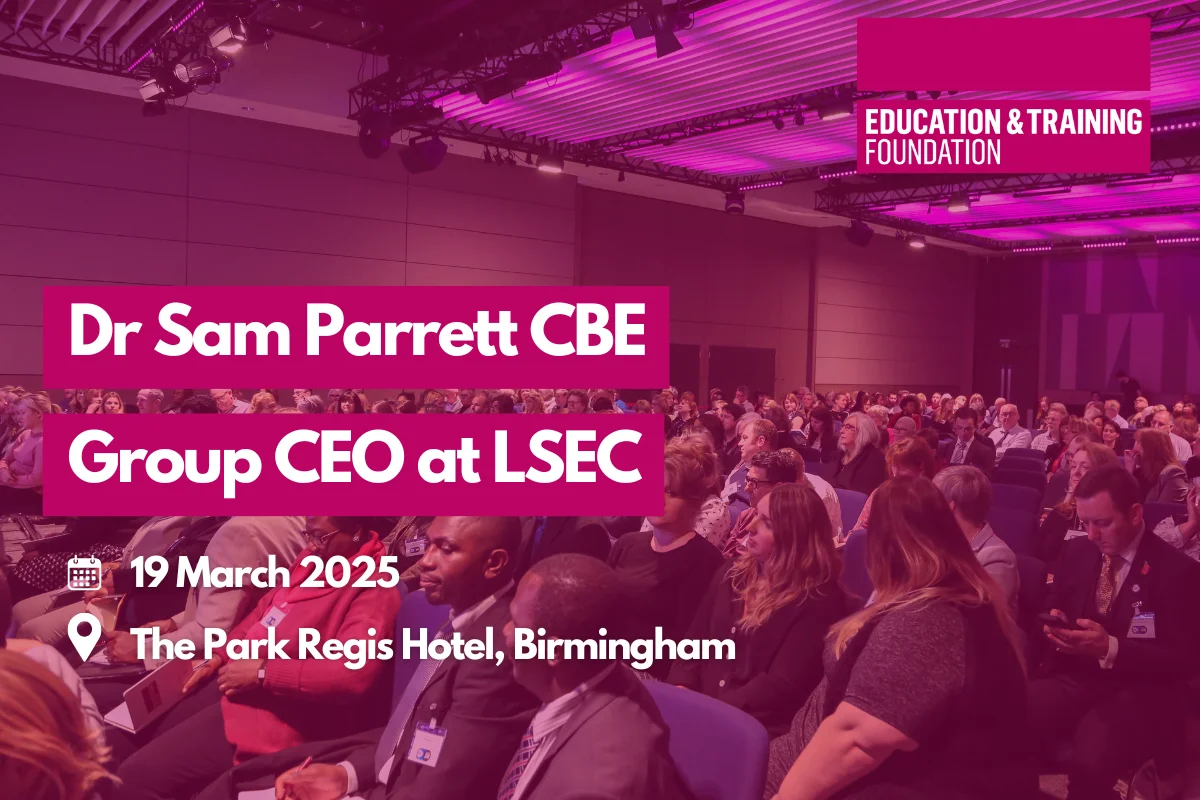
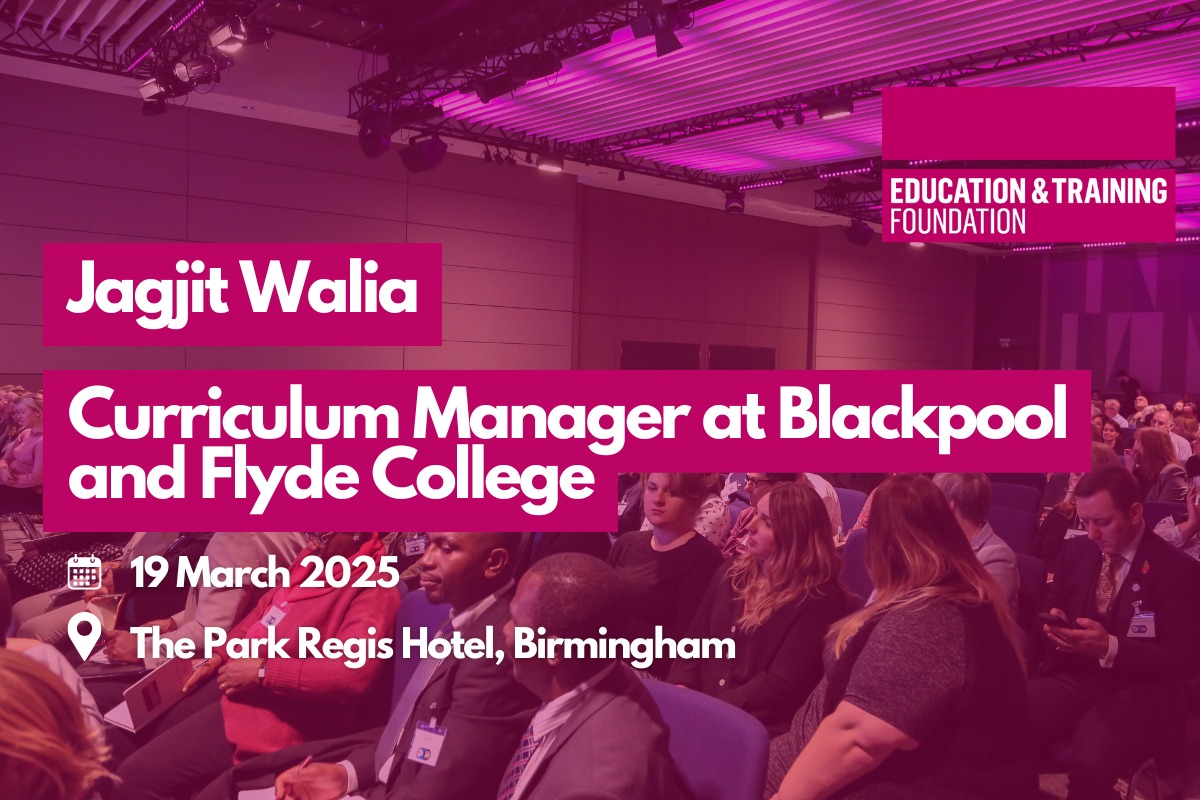
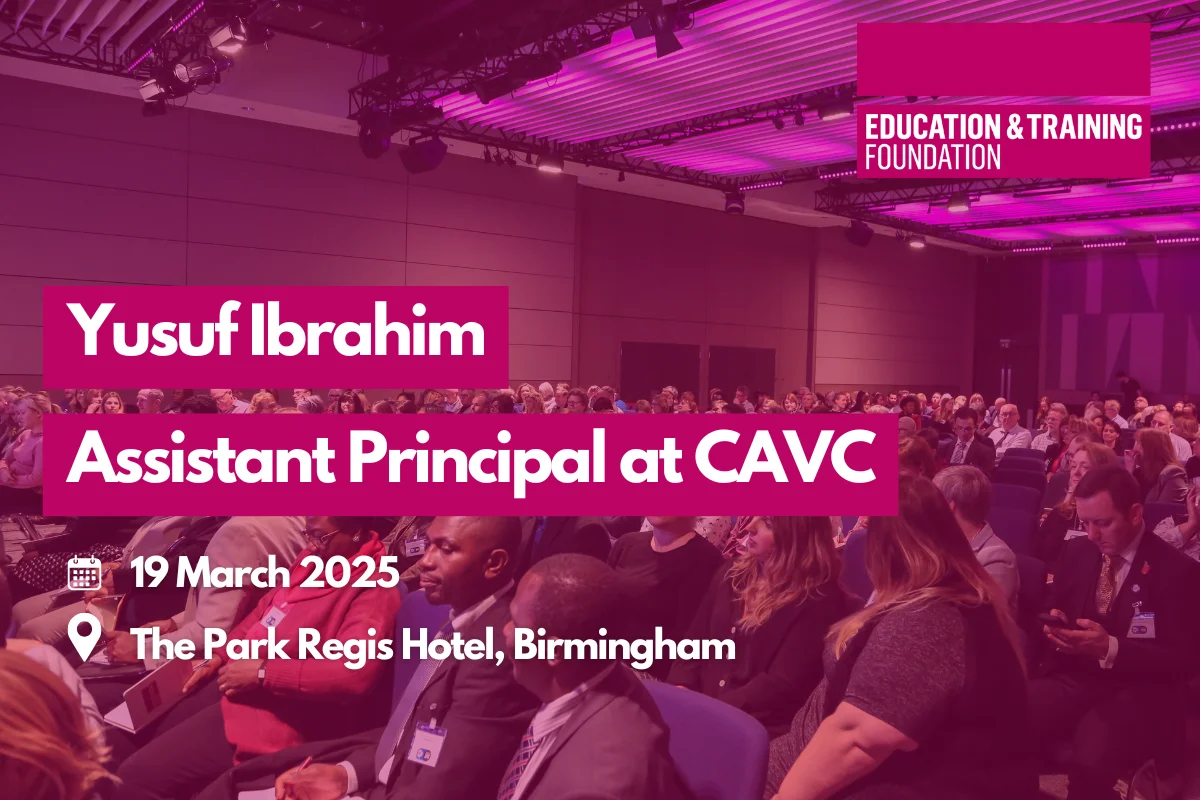
Responses